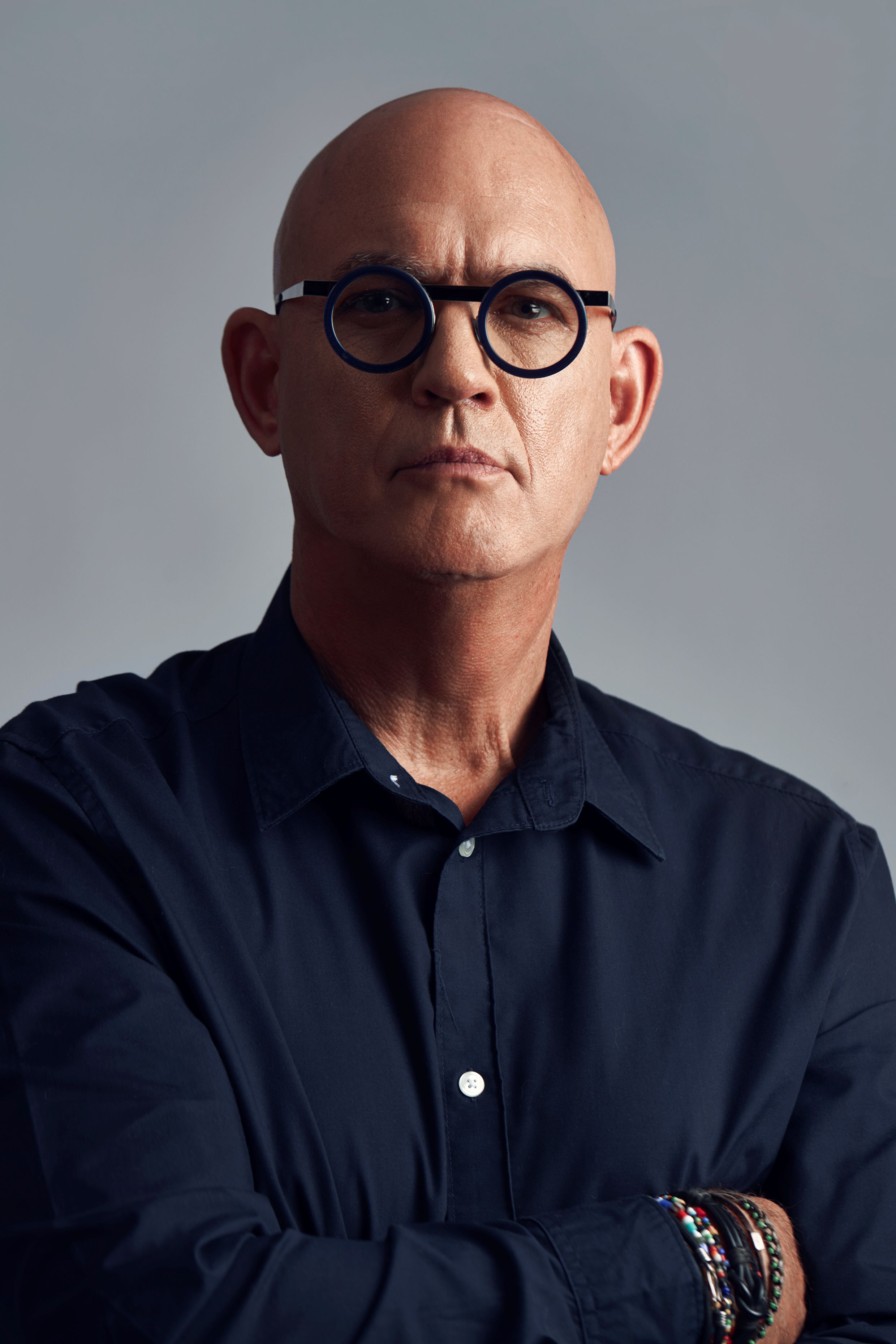BUSINESS NEWS - South African companies are stepping up as global procurement increasingly pivots toward environmental, social, and governance (ESG) priorities.
Several firms are already setting the pace for eco-conscious procurement. Shoprite, for example, is rolling out solar installations across its operations while Anglo American is piloting hydrogen-powered mining trucks. In the banking sector, Nedbank is financing large-scale green infrastructure projects.
“South Africa is catching up quickly with global ESG trends,” says Paul Vos, Regional Managing Director for the Chartered Institute for Procurement & Supply (CIPS) Southern Africa. “Big corporates are already reporting against international standards, and exporters are preparing for EU carbon rules.”
A 2023 McKinsey study of 2 269 public companies found that firms that achieve better growth and profitability than their peers while improving sustainability and ESG consistently deliver higher growth, profitability, and shareholder returns than their peers.
Yet shifting to sustainable procurement presents clear challenges for South African companies. Many small and medium-sized enterprises, particularly those targeted through B-BBEE, lack the infrastructure or systems to meet ESG standards.
Businesses also often struggle with access to reliable data on their suppliers’ environmental and social impact and upfront investment in greener technologies or infrastructure can be a barrier for under-resourced suppliers.
Constant change in regulations, such as carbon tax and extended producer responsibility (EPR) laws, create further uncertainty.
However, Vos remains optimistic. “We’re already seeing clear wins for businesses that have embraced ESG in procurement. Solar installations are reducing power bills, ethical branding is strengthening customer loyalty, and exporters with green credentials are maintaining access to key global markets,” he says.
In addition, more South African companies are starting to see ESG as a strategic investment rather than a compliance burden. The smart money now views sustainability as a hedge against energy price volatility, carbon taxes, and consumer scrutiny - an investment in long-term resilience.
Vos points out that government initiatives such as carbon tax, EPR regulations, and public procurement rules linking ESG with localisation and B-BBEE outcomes are influencing procurement decisions across industries.
He says several trends are shaping the future of procurement in South Africa and beyond. These include carbon accounting, which is fast becoming a standard line item in contracts; circular economy principles; and AI tools to enable companies to map emissions, flag supply chain risks and prevent greenwashing.
“ESG and B-BBEE will also increasingly converge, driving demand for suppliers that are both black-owned and sustainability-ready.”
As the local procurement landscape transforms, CIPS is equipping professionals with the skills to lead on both sustainability and inclusion.
“We’re convening public and private stakeholders to align on practical standards. And we’re providing the tools and playbooks that help companies move from ESG talk to ESG action,” Vos says.
He adds that in South Africa, ESG and transformation are not parallel tracks; they are part of the same journey. “The smart play is to align them. When procurement develops black-owned suppliers who are also green-capable, we achieve the triple bottom line – people, planet and profit – through one set of contracts.”
 Paul Vos
Paul Vos
‘We bring you the latest Garden Route, Hessequa, Karoo news’
















